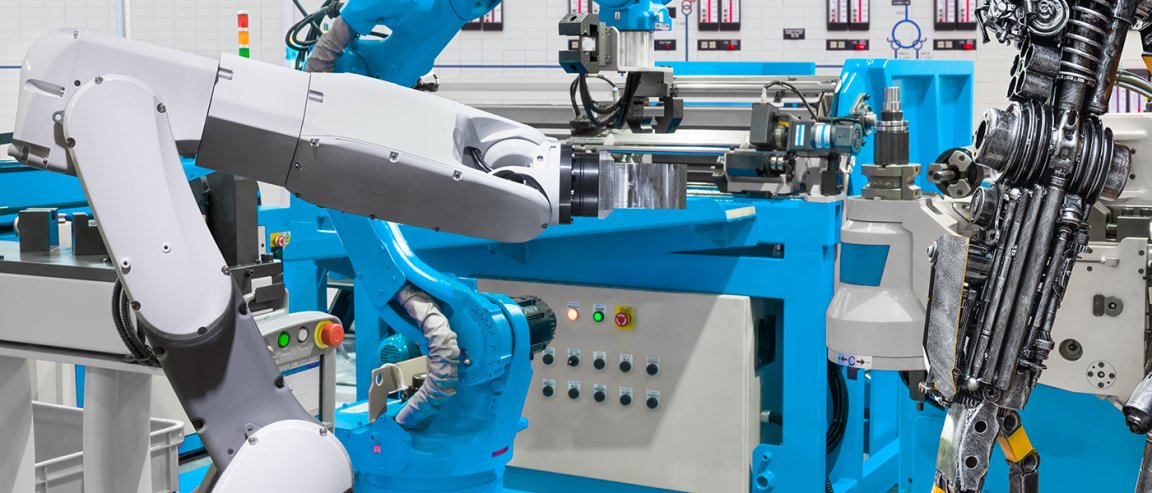
Robots’ Real Impact
“It’s frustrating sometimes to hear this rhetoric about bringing jobs back to the United States that left. Those jobs are actually still here in the United States, but they’re being done by robots, not humans,” Maurice Conti, Director of Applied Research and Innovation at Autodesk, told Bloomberg in an interview that might leave many worried about their future financial stability.
Autodesk is a manufacturing software company that is on the forefront of automating the workforce, so Conti is truly in the know when it comes to this subject, but new data analysis reveals that job loss may not be the only negative aspect of increasing automation.
Massachusetts Institute of Technology’s Daron Acemoglu and Boston University’s Pascual Restrepo looked at data from a period spanning 17 years (1990–2007) for their analysis and concluded that wage decreases are coupling with job loss to further widen the wage gap between the rich and the poor. They estimate that automation has potentially increased the gap between the top 90 percent and the bottom 10 percent by up to an entire percentage point. According to their numbers, wages for impacted workers have been slashed by between 0.25 percent and 0.5 percent.
What to Do?
This problem is only going to get worse. People need money to support themselves and their families, but with the number of jobs dwindling, we are rapidly approaching a point when the number of jobs available is simply incompatible with the number of workers.

Many experts in various fields have spoken out to offer potential solutions for this issue. Bill Gates suggests that we tax the robots taking those jobs, or, more accurately, the company owners using them. In that scenario, the money from the taxes could be used to fund social programs. It could also go toward supporting another leading contender of what to do in the face of automation, universal basic income (UBI).
Super-CEO Elon Musk is a strong proponent of UBI. In a UBI system, the populace is given funds unconditionally to subsidize their wages or lack thereof. Multiple UBI experiments are currently being conducted all around the world, so we will soon have more concrete data on the effectiveness of the project and whether it could be the answer we’re looking for as we face a future of widespread unemployment.